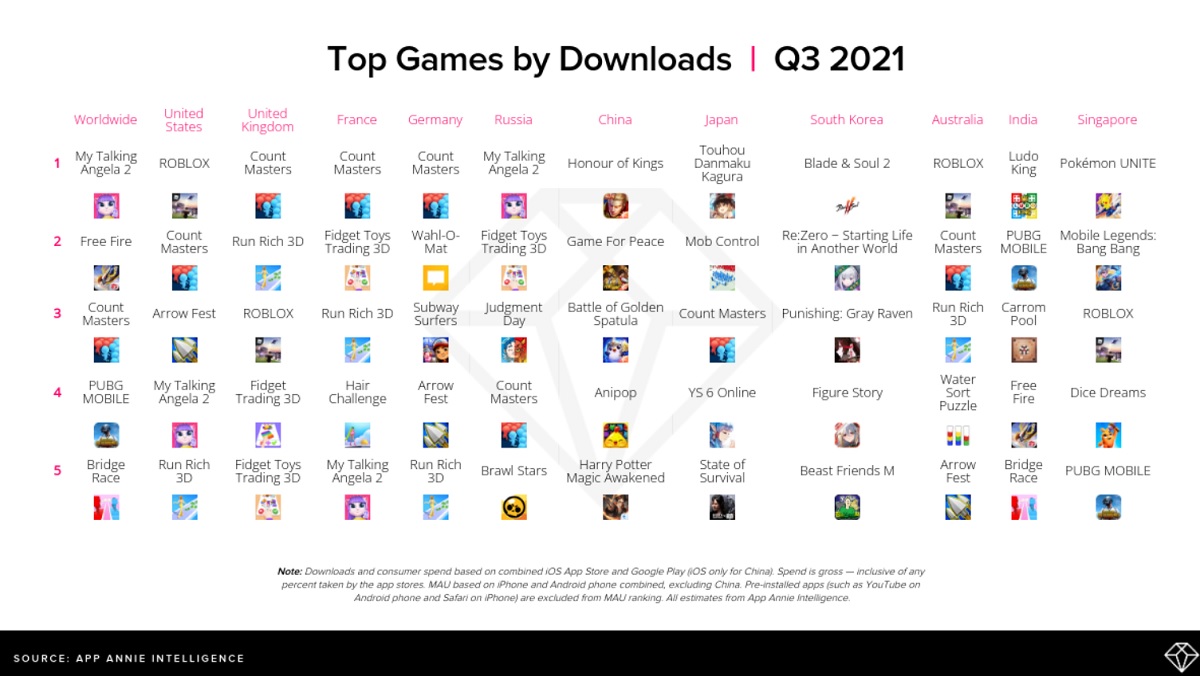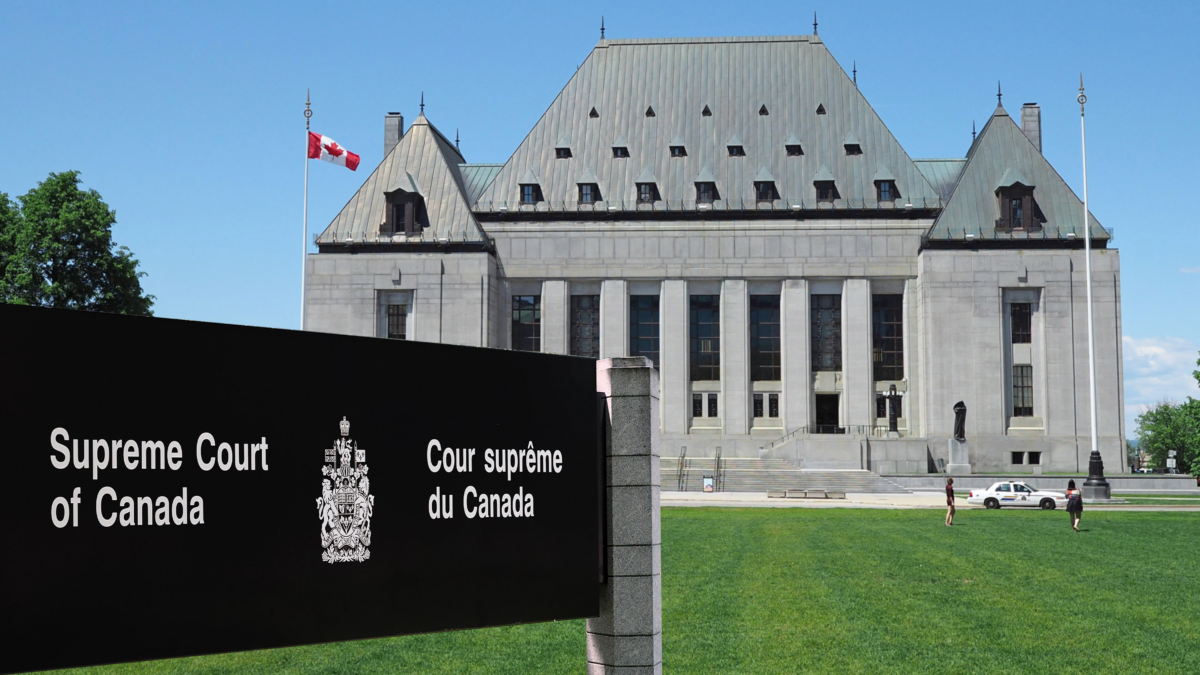If there’s one constant in the Canadian telecommunications landscape, it’s that at any given moment, someone is probably suing someone else.
To help you — and us, let’s be honest — keep track of all these ongoing court cases, we created this round-up of some of the biggest legal battles currently being fought between Canada’s major telecom players
If we missed one, let us know in the comments below.
The Rogers/Shaw merger
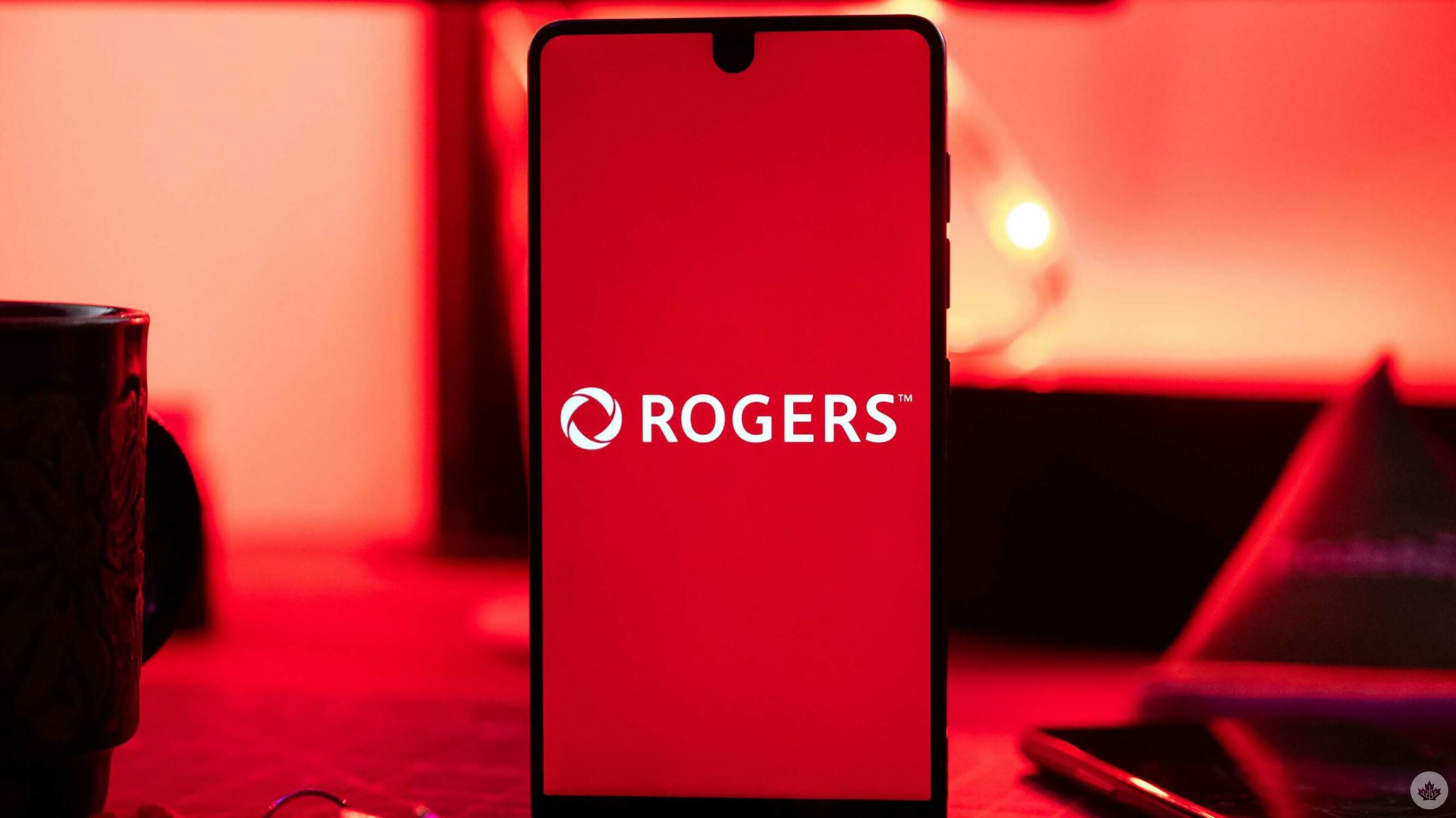
In March 2021, Rogers signed an agreement to acquire Shaw Communications, in a deal valued at $26 billion.
But before the merger can go through, it needs to be approved by three different government bodies: the Canadian Radio-television and Telecommunications Commission (CRTC), the Competition Bureau, and the Department of Innovation, Science and Economic Development.
Within days, industry experts and advocacy groups began weighing in on what the deal could mean for Canada’s telecom industry and consumers, specifically with regards to market competition. For example, some analysts suggested that Rogers might be permitted to complete the purchase if it divested itself of Shaw’s wireless properties: Freedom Mobile and Shaw Mobile.
Several would go on to officially record their concerns, testifying to the Industry, Science and Technology Committee that the deal will lead to less competition and higher prices.
In April 2021, the Competition Bureau promised to conduct a ‘thorough’ review into Rogers-Shaw deal, eventually issuing a series of court orders requiring several carrier companies, including Xplornet, Bell, Telus and Quebecor, help out with the investigation by submitting records and written information related to mobile wireless services.
Since the deal was announced in March, a number of Rogers and Shaw’s fellow Canadian telecom and media companies have come out against the merger, from Teksavvy and Quebecor, to Bell and Telus, to Corus Entertainment.
“…the Rogers/Shaw merger continues to hang in limbo, with the CRTC’s public hearing on the contentious deal scheduled for November 22nd, 2021.”
(Interestingly enough, Bell also made an offer to acquire Shaw Communications before the deal with Rogers was finalized.)
Even the founder of Wind Mobile — which was bought by Shaw in 2016 and rebranded as Freedom Mobile — expressed their disappointment in the merger, saying that Canada “is dominated by these oligopolies and does not have a competitive market.” For context, and to appreciate the irony, Wind Mobile was founded in 2008 in response to government efforts to encourage competition in Canada’s wireless industry.
Meanwhile, in Parliament, the Conservative Party of Canada called for an investigation into the merger. This would later grow into a major telecom-related talking point in the 2021 federal election alongside internet wholesale rates (but more on those later), as several parties pledged to lower Canadians’ internet bills if elected.
For their part, executives at Shaw and Rogers testified that the proposed merger will increase competition and advance the expansion of 5G networks in the country.
Rogers even went so far as to accuse Bell and Telus of opposing the Shaw deal only because they’re trying to avoid having to compete with a Shaw-boosted Rogers — suggesting that the two fellow telecom giants were afraid of a little friendly competition, rather than trying to protect it.
In May, Shaw shareholders voted in favour of Rogers’ takeover offer, and the Court of the Queen’s Bench of Alberta — i.e. the province’s superior court — officially okayed the deal.
That said, the Rogers/Shaw merger continues to hang in limbo, with the CRTC’s public hearing on the contentious deal scheduled for November 22nd, 2021.
The Competition Bureau, which has reported “receiving a higher than normal volume of online questions and feedback” from Canadians about the merger, is still encouraging folks to contact them, issuing a formal Request For Information (RFI) asking market participants and Canadians “submit relevant information to assist the Bureau with its investigation.”
You can make an RFI submission by clicking here until October 29th, 2021.
To follow whatever happens next, here’s a handy link to read all of MobileSyrup’s coverage of the ongoing Rogers/Shaw merger.
TekSavvy vs. the CRTC: Wholesale rates
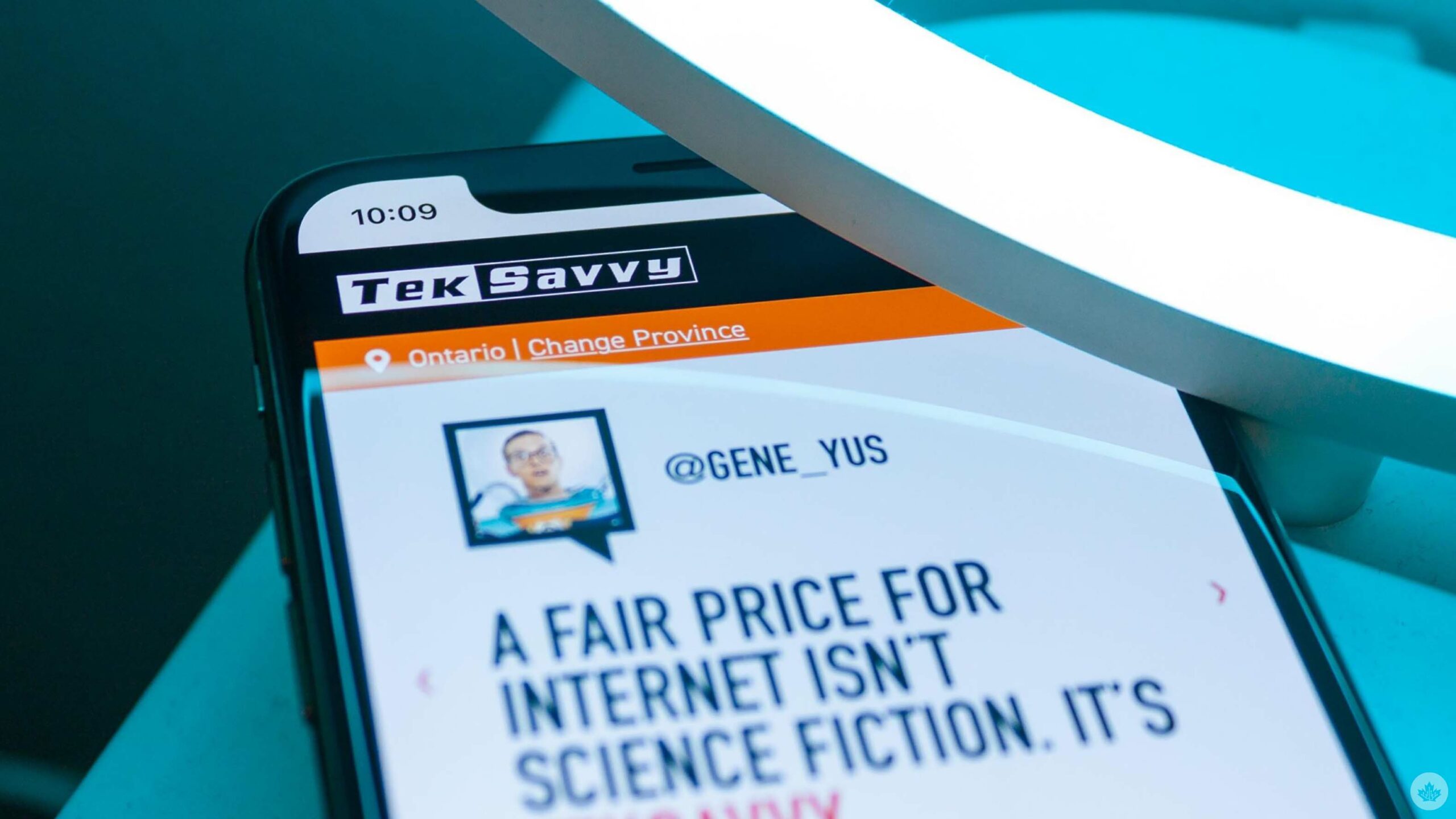
In August 2019, the Canadian Radio-television and Telecommunications Commission (CRTC) issued a telecom order lowering the wholesale rates that large internet service providers (ISPs) — think Bell, Rogers and Telus, amoung others — can charge smaller ISPs for access to their high-speed broadband networks.
The CRTC’s reasoning behind adjusting the rates was to help “facilitate greater competition” between ISPs of various sizes.
However, the big-dog ISPs immediately took issue, claiming that the new rates would result in them losing millions: specifically, $100 million for Bell, $140 million for Rogers, $25 million for Cogeco, $10 million for Shaw, and $50 million for Videotron.
Soon rumours began circulating that Canada’s largest telecom carriers might appeal the CRTC’s wholesale internet rate decision — which, surprise, they did!
On the flip side, the CRTC order was a source of celebration for others, as having to spend less on wholesale rates meant they could pass on the savings to their customers. In fact, many smaller ISPs — such as TekSavvy, Distributal, Execulink Telecom and Start.ca — responded the the CRTC decision by offering cheaper plans, lowering monthly bills, upgrading packages and internet speeds free of charge, and eliminating activation fees.
Then, in November 2019, some of Canada’s largest cable companies — Rogers, Shaw Communications, Eastlink, Cogeco, and Videotron — filed a joint petition to the Governor in Council to reverse the CRTC’s wholesale rate changes, with Bell and Telus submitting their own individual petitions as well.
Following all these petitions, the Federal Court decided to suspend the CRTC wholesale rate decision until a final judgement was reached — to which TekSavvy responded by filing a formal complaint with Canada’s Competition Bureau, demanding an investigation into the alleged anti-competitive behaviour fueling big telecom’s response to the wholesale rates decision.
“The CRTC’s decision to flip-flop on its previous wholesale rates decision led to many groups challenging whether the CRTC folded under the pressure of complaints and petitions from those bigger telecom companies.”
In April 2020, TekSavvy also asked the CRTC to at least temporarily put in place the lowered wholesale rates from its August 2019 order as an emergency measure, to ensure Canadians who use independent ISPs could continue accessing services amid the COVID-19 pandemic.
Meanwhile, the Liberal federal government announced it was siding with the big telecoms, a move that received heavy criticism from smaller ISPs and internet advocacy groups alike.
With uncertainty over when — or even whether — the lowered wholesale rates would finally take effect, some ISPs began clawing back those promised discounts to customers.
Then, in September 2020, the Federal Court of Appeal dismissed the big telecom’s appeal of the CRTC’s wholesale rate decision — the first of two victories for the smaller ISPs.
The second victory came in February 2021, when Canada’s Supreme Court also threw out big telecom’s appeal. All that remained was the CRTC.
However, oddly enough, the CRTC responded to the Federal Court of Appeal’s ruling by agreeing to the larger ISPs’ request that the wholesale rate changes be “stayed” — i.e. not go into affect — at least until the CRTC’s finishes its investigation into their own August 2019 order.
Naturally, this news frustrated the smaller ISPs. If the Federal Court of Appeal already ruled that big telecom’s case didn’t hold water, why continue to hold off on implementing the lowered rates?
Then in May 2021, in contrast to the Supreme Court and Federal Court of Appeal, the CRTC decided that it would backtrack on the lowered wholesale rates its put forth in August 2019.
The CRTC’s decision to flip-flop on its previous wholesale rates decision led to many groups challenging whether the CRTC folded under the pressure of complaints and petitions from those bigger telecom companies.
Calls for the removal of CRTC chairperson Ian Scott came from Teksavvy, VMedia and Ebox, with Ontario’s Big City Mayors urging the federal governement to step in.
The wholesale rates, like the Rogers/Shaw merger, became a major issue in the 2021 federal election, with the Conservative and New Democratic parties weighing in and TekSavvy encouraging Canadians to ask their local election candidates to demand lower internet bills by reinstating the CRTC’s original wholesale rates.
Finally, in June 2021, TekSavvy filed a full-on court challenge over the CRTC’s decision to flip-flop, which was approved by the Federal Court of Appeal in September.
As for what comes next, here’s a link to follow all our coverage of the CRTC wholesale rate legal saga.
TekSavvy vs. the CRTC: The website-blocking order
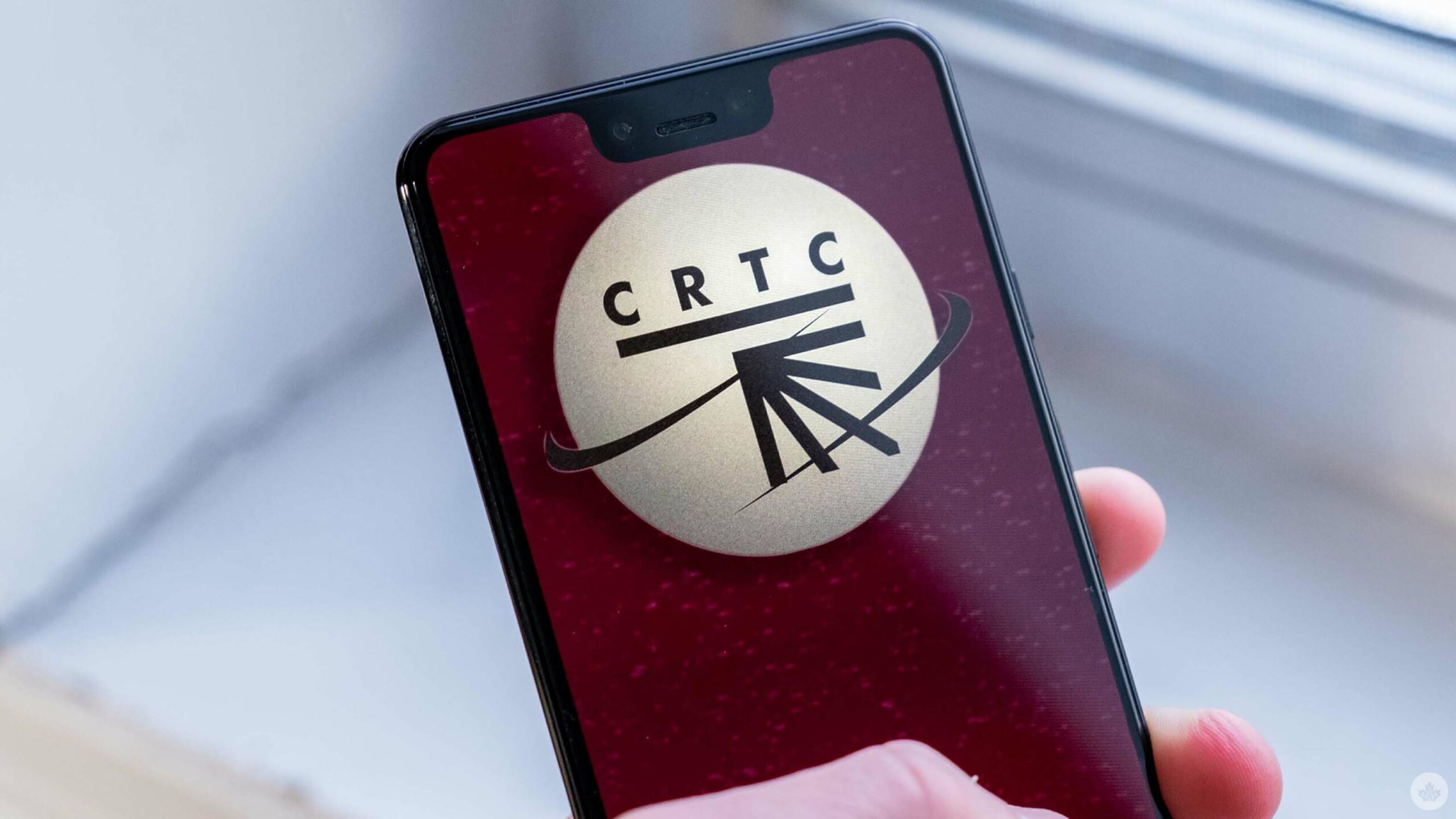
In November 2019, in a first-ever for Canada, the Federal Court issued a ruling ordering ISPs to block a specific website.
The website in question is GoldTV, an Internet Protocol Television (IPTV) service that provides access to thousands of pirated TV channels online for a small fee.
The ruling came after Bell, Rogers and Quebecor teamed up to formally requested an order that would force all Canadian ISPs –including themselves — to block customers from accessing GoldTV.
TekSavvy — the only internet service provider to oppose the ruling in court — offered a counterargument that ISPs should not be responsible for the content of the traffic on their network.
TekSavvy ultimately decided to appeal the decision that same month.
The basis of the appeal is that the website-blocking order infringes on Canadians’ freedom of expression, misapplies the Copyright Act, and could establish a harmful precedent, as the telecom companies who requested this order aren’t just ISPs — they’re also media conglomerates that own television channels and shows, and lose money when that content is pirated.
Speaking of establishing a precedent, Bell, Rogers, and TVA already teamed up in July 2021 to ask the Federal Court for another, more complicated, and worryingly broad website blocking order, this time targeting pirated NHL streams across all websites and services.
In May 2021, the Federal Court of Appeal denied TekSavvy’s appeal. The indie ISP responded in August by taking their appeal up a step further to the Supreme Court of Canada, which has yet to deliver its ruling.
Bell vs. Quebecor: The spectrum auction results
Finally, in August 2021, Bell decided to take Quebecor to court over the Quebec-based company’s recent purchase of internet spectrum in Western Canada.
The spectrum auction took place from June 15th to July 23rd this summer, and was a pretty big deal in telecom circles. The Canadian government made a whopping $8.91 billion from the auction, courtesy of “competitive bidding” among the country’s telecoms carriers eager to secure their place in the country’s growing 5G market.
For its part, Bell argues that the government shouldn’t allow Quebecor’s purchases to go through, because Quebecor’s ISP company Vidéotron does not currently offer services in Manitoba, Alberta, or British Columbia.
A fun note relating to two other cases on this list: Shaw didn’t take part in the summer spectrum auction, in what folks figure is an attempt to help get its acquisition by Rogers approved by regulators, and TekSavvy also dropped out, due to the effects of the CRTC’s backtracked wholesale rate decision on its plans to expand in Canada’s mobile market.
This article features reporting by Jonathan Lamont, Aisha Malik and Shruti Shekar.
Image source: Shutterstock
